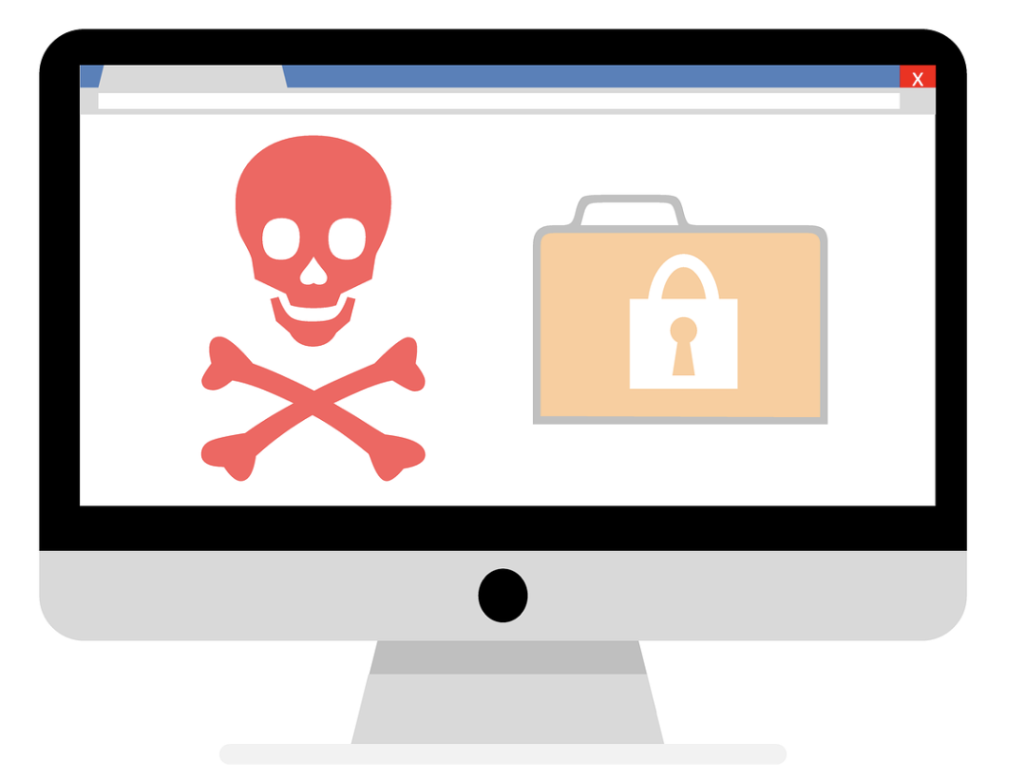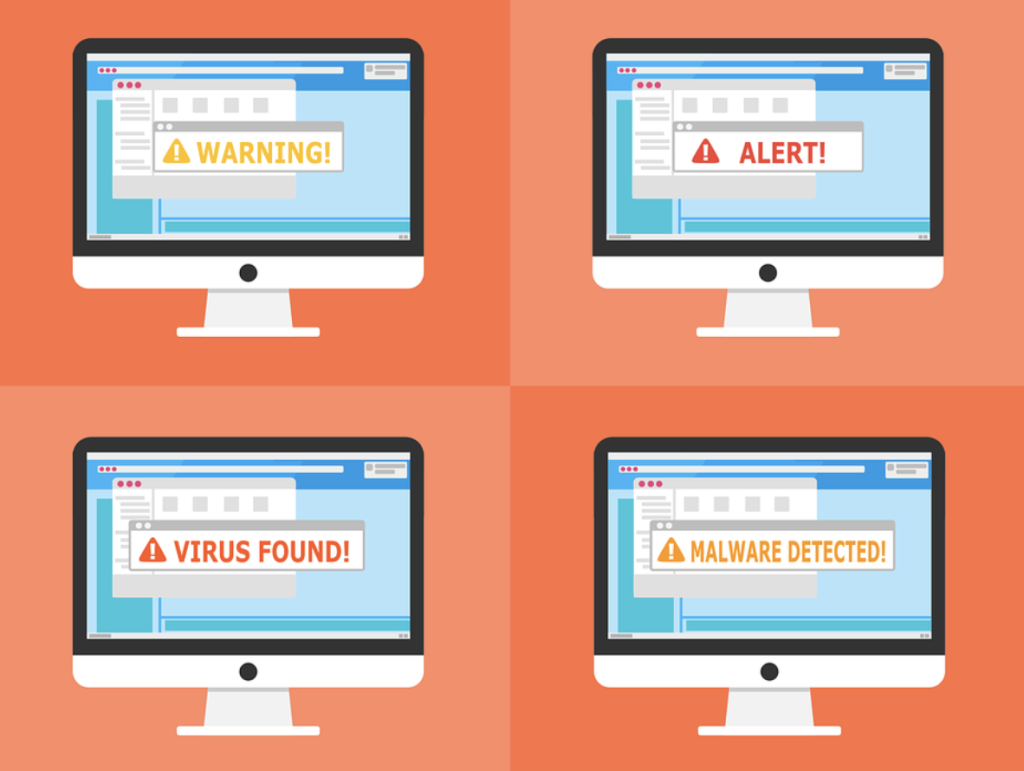Mac computers have long been regarded as more secure than their Windows counterparts. However, the rise of Mac-specific malware has shattered this perception and highlighted the potential risks businesses face. Let’s explore how Mac malware can impact business marketing efforts.
How Mac Malware Impacts Your Business
In today’s digital age, the threat of hacking and cyber-attacks is ever-present. The consequences of a security breach can be far-reaching and devastating, particularly regarding your company’s reputation. Hacking can significantly damage your brand’s image, erode customer trust, and have long-lasting consequences.

1. Data security and customer trust
- Mac malware can compromise sensitive customer data, leading to data breaches and loss of customer trust.
Businesses must prioritize customer information security by implementing robust security measures and encryption protocols.
2. Disruption of advertising platforms
- Malware can infect advertising platforms and ad networks, causing unwanted ads or redirecting users to malicious websites.
- This can undermine the effectiveness of online advertising campaigns, reduce website traffic, and negatively impact conversion rates.
3. Email marketing challenges
- Malware-infected Macs can result in compromised email marketing campaigns.
- Increased unsubscribe rates can damage email marketing success and business reputation.
4. Website destruction and content modification
- Hackers can exploit vulnerabilities in Mac systems to gain unauthorized access to websites and modify marketing content.
- This can damage a company’s brand image, disrupt marketing campaigns, and compromise website integrity.
The impact of Mac malware on business marketing should not be underestimated. Businesses should recognize the potential risks and take proactive steps to protect their digital assets and marketing campaigns.
How Malware Can Harm Your Company’s Reputation
Understanding the impact of Mac malware on business marketing and knowing how to remove malware from Mac is crucial for developing effective strategies to protect digital assets and maintain the integrity of marketing campaigns. Let’s explore how hacking can harm your company’s reputation and why prioritizing cybersecurity is crucial.

Breach of customer data
Hackers who gain unauthorized access to your systems may obtain sensitive customer information such as names, addresses, payment details, or personal identification numbers. The exposure of customer data violates customers’ privacy and erodes their trust in your company’s ability to protect their information. This breach of confidence can lead to a loss of customers and damage your brand’s reputation.
Financial loss and business disruption
Hacking incidents often result in financial losses, including expenses related to investigating the breach, implementing security measures, and potential legal consequences. Additionally, the attack’s downtime can interfere with your business operations, resulting in the loss of productivity and income. The financial impact can tarnish your reputation as a reliable and secure company.
Negative public perception
A high-profile hacking incident can attract significant media attention, exposing your company’s vulnerabilities to the public. News of a security breach spreads quickly, and negative publicity can impact your brand’s image. Customers and stakeholders may perceive your company as careless or untrustworthy, damaging your reputation in the eyes of the public.
Damage to brand trust and loyalty
Customers attach great importance to the security of their personal information when interacting with businesses online. A security breach undermines customers’ trust in your ability to protect their data. The loss of trust can lead to a decline in customer loyalty, as individuals may choose to take their business elsewhere to avoid potential risks associated with your brand.
Legal and compliance issues
Hacking incidents often trigger legal and regulatory obligations, especially if customer data or sensitive information is compromised. Failure to comply with data protection regulations can result in significant penalties, lawsuits, and damage to your company’s reputation. Customers and stakeholders expect businesses to uphold privacy and security standards, and any violation can have serious consequences.
Competitive disadvantage
A well-publicized hacking incident can give your competitors an edge, as customers may seek alternative options they perceive to be more secure. The negative impact on your brand’s reputation can make attracting and retaining new customers challenging. Rebuilding trust and credibility in the market takes time and resources, putting your company at a competitive disadvantage.
Loss of business opportunities
Hacking incidents can ripple effect on your company’s relationships with partners, suppliers, and other stakeholders. They may question the security of their interactions with your organization, leading to a loss of potential business opportunities. Damage to your reputation can hinder collaborations and partnerships, impacting your growth and prospects.
10 Tips How to Stop Hackers from Damaging Your Brand Reputation
Protecting your brand reputation is crucial in today’s digital landscape, where hackers and cybercriminals constantly threaten businesses. Let’s explore key measures you can take to protect your brand and maintain a strong reputation.
1. Invest in robust cybersecurity measures
- Deploy a comprehensive cybersecurity solution that includes firewalls, intrusion detection systems, and antivirus software.
- Regularly update and patch all software and operating systems to address vulnerabilities and protect against known exploits.
2. Implement multi-factor authentication (MFA)
- Enforce the use of MFA across all user accounts, requiring additional verification steps to access sensitive systems or data.
- MFA adds an extra layer of security, reducing the risk of unauthorized access even if passwords are compromised.
3. Conduct regular security audits
- Perform regular security audits to identify vulnerabilities in your systems, applications, and networks.
- Address any weaknesses promptly and implement necessary security enhancements to strengthen your defenses.
4. Educate and train employees
- Cybersecurity awareness training is crucial to ensure that employees understand the risks and best practices for maintaining security.
- Train employees on identifying phishing attempts, practicing good password hygiene, and following secure online practices.
5. Monitor and detect anomalies
- Implement a robust system for monitoring network traffic, user activities, and system logs to identify suspicious behavior.
Utilize intrusion detection systems and security information and event management (SIEM) tools to detect and respond to potential threats.
6. Have an incident response plan
- Develop a comprehensive incident response plan that outlines the steps to be taken during a security breach.
- Assign roles and responsibilities, establish communication channels, and define the procedures for containing and mitigating the impact of an incident.
7. Regularly back up your data
- Implement a systematic backup strategy to ensure critical data is regularly backed up and stored securely.
- In the event of a breach or data loss, having recent backups can help restore operations quickly and minimize downtime.
8. Collaborate with security professionals
- Consider partnering with cybersecurity firms or consultants specializing in brand protection and incident response.
- These professionals can provide expert guidance, conduct security assessments, and help develop robust security protocols.
9. Stay informed and updated
- Stay up-to-date with the latest cybersecurity threats and trends by following reputable sources, industry publications, and security blogs.
- Regularly refresh your knowledge to adapt security measures and stay ahead of evolving threats.
10. Communicate transparently during incidents
- In the unfortunate event of a security incident, communicate transparently with your customers, employees, and stakeholders.
- Provide timely updates, explain the steps to mitigate the issue, and reassure them of your commitment to their security.
Conclusion
Mac malware poses a real and growing threat to business marketing efforts. Understanding the potential impact on customer data, advertising platforms, email campaigns, and website integrity is crucial for businesses to take proper measures to protect their marketing companies.
By implementing the measures mentioned above (robust security measures, educating employees, maintaining data backups, and monitoring online activities), you can effectively defend your company against hackers. Protecting your business reputation from cyber threats requires constant attention, regular inspections, and a modern approach to cybersecurity.

